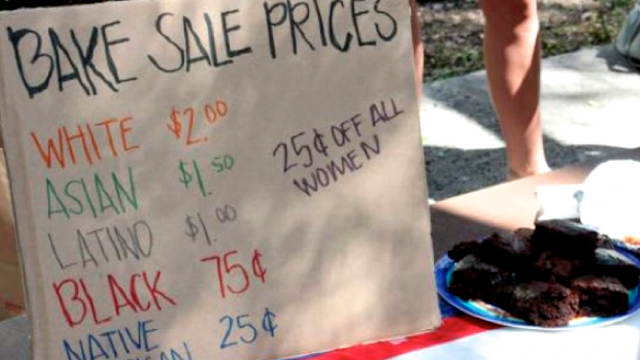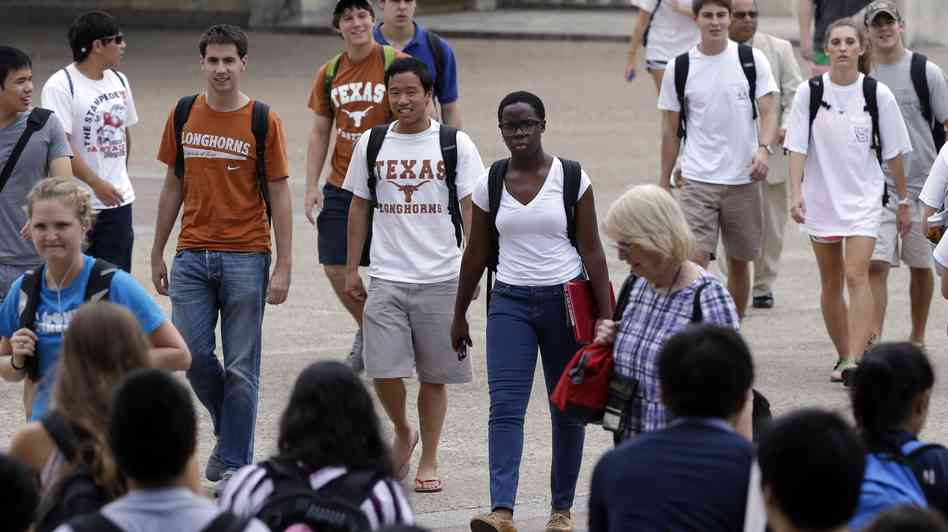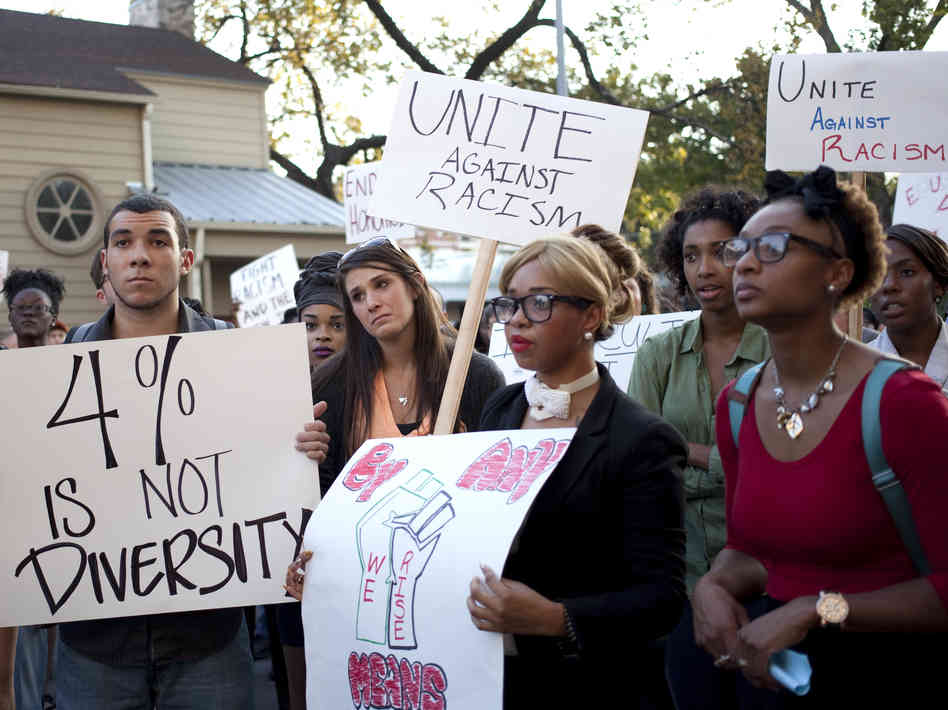
Bake sales have long been a go-to solution for organizations looking to make money. More recently, they've also provided a platform for protest — and not the most savory kind.
The University of Texas at Austin’s Young Conservatives of Texas group last month hosted an “Affirmative Action Bake Sale” where they charged customers prices based on their race. It was part of a larger effort to clarify their position regarding the controversial Fisher v. University of Texas case, which is now being debated at the U.S. Supreme Court level, concerning affirmative action admissions policy of the university's Austin campus.
The bake sale, held on September 25, was more an act of protest than a money-making move by the conservative student organization. UT officials were not impressed; in a statement issued two days after the sale, the university's Vice President for Diversity and Community Engagement, Gregory Vincent, said not only was the action inflammatory and demeaning, but it set the stage for further exclusion and disrespect within the student, faculty and staff communities.
“The choice of a tiered pricing structure creates the misperception that some students either do not belong at the university or do not deserve to have access to our institution—or worse, that they belong or deserve only to a certain degree,” Vincent said. “Nothing could be further from the truth.”
Representatives for Young Conservatives of Texas-UT did not respond to multiple attempts for comment, but in an interview with college- and fraternity-centered site “Total Frat Move,” YCT Chairman and UT student Lorenzo Garcia defended the bake sale saying actions like these will spark a necessary political debate.
“If we didn’t do something like this, a lot of students wouldn’t really pay attention to the issue. Whether it’s the affirmative action bake sale or other things that are pretty controversial but prove a point, and you know, stick it to the liberals pretty much,” Garcia wrote. “With college kids, you have to do something like this to get their attention.”
“Affirmative Action Bake Sales” are not a new occurrence. The University of California at Berkeley experienced a similar incident in 2011 in protest to an upcoming Senate bill that would allow public universities in California to adopt affirmative action policies.
In 2008, Young Conservatives of Texas at Texas A&M University hosted their version of the bake sale to protest against the upcoming employment of James Anderson, who would assume the post of Vice President of Institutional Assessment and Diversity for the university.
In their statement to the media, Rebecca Falkowski, current issues director for YCT at Texas A&M, said, “We hope our affirmative action bake sale and pledge drive will show the students of Texas A&M University the fallacies of many of the so- called ‘diversity’ initiatives being pursued by Texas A&M and other universities across the country.”
Some university officials, like Southern Methodist University in Texas, have stepped in and shut down potential bake sales before they even got started.
But UT biology senior Nick Mitchell doesn’t agree that it is the place of universities to stifle free speech by preventing the bake sale.
“It’s not the university’s job to stop speech, it’s the student community’s job to pressure racists into stopping,” Mitchell said. “Race is a complicated issue, and the YCT dumbed down the entire complex issue of affirmative action into something so simple and silly that I really don’t think anyone, even those who agree, could take them seriously.”
When Mitchell himself passed by the bake sale, he saw most people just laughing off the protesters. “I think the worst thing that can happen as a protestor is to have people laugh at you, and that’s the biggest response I saw,” he said.
3 WAYS TO SHOW YOUR SUPPORT
- Log in to post comments













